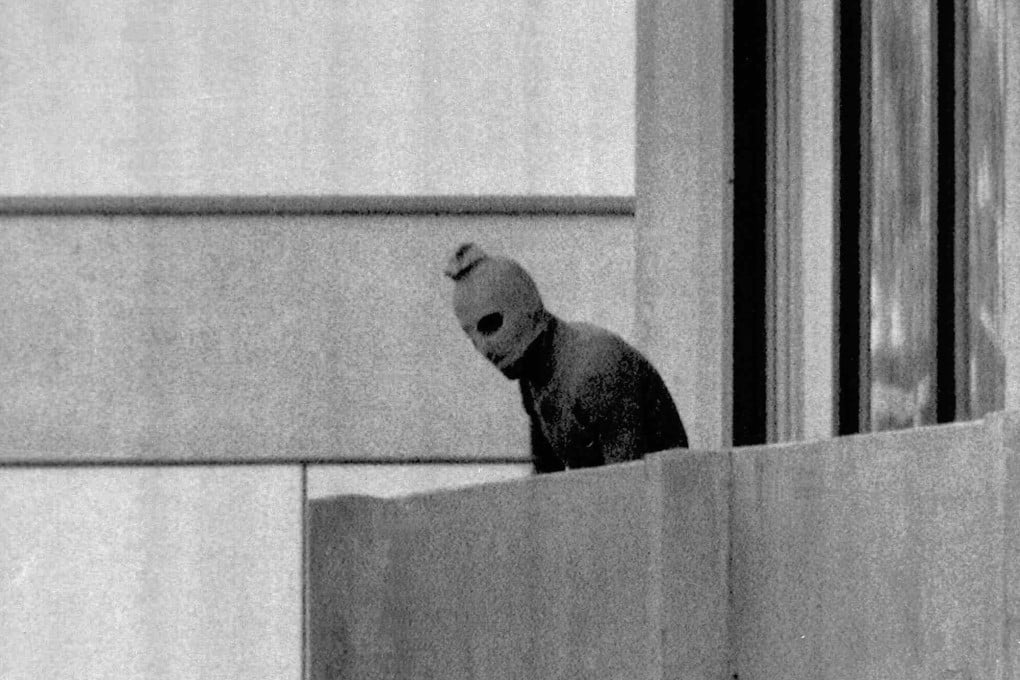Explainer | Israel’s long history of pulling off complex attacks like exploding pagers
Here is a look at decades of covert operations, assassinations and retaliatory strikes attributed to Israel

Many of those hit were members of militant group Hezbollah, but it wasn’t immediately clear if others also carried the pagers. Among those killed were the son of a prominent Hezbollah politician and an 8-year-old girl, according to Lebanon’s health minister.
The attack came amid rising tensions between Israel and Iran-backed Hezbollah, which have exchanged fire across the Israel-Lebanon border since the October 7 attack by Hamas that sparked the war in Gaza. Iran’s ambassador to Lebanon was among those injured by the pager explosions.
Israel rarely takes responsibility for such attacks, and its military declined to comment Tuesday.
However, the country has a long history of carrying out sophisticated remote operations, ranging from intricate cyberattacks to remote-controlled machine guns targeting leaders in drive-by shootings, suicide drone attacks, and the detonation of explosions in secretive underground Iranian nuclear facilities.
July 2024
Two major militant leaders in Beirut and Tehran were killed in deadly strikes within hours of each other. Hamas said Israel was behind the assassination of its supreme leader, Ismail Haniyeh, in Iran’s capital.
